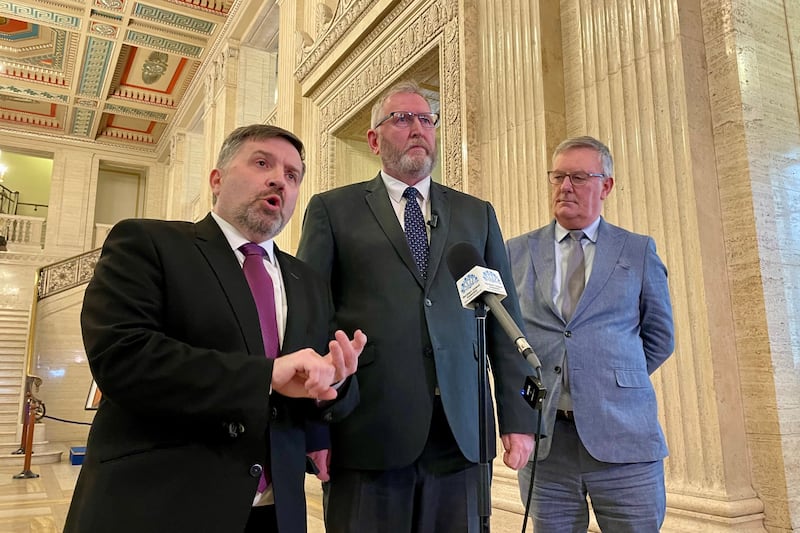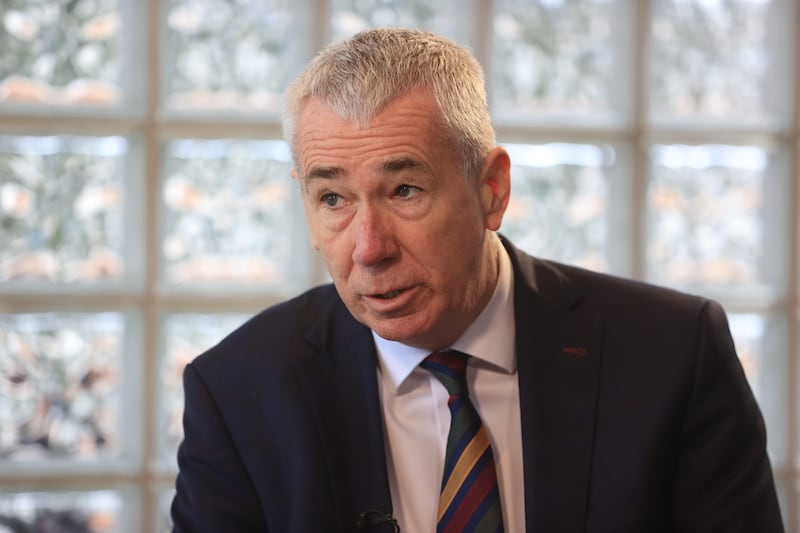Governments throughout the world have had to take unprecedented steps to protect their economies in the face of the crisis posed by coronavirus.
We have seen high spending decisions which would be virtually unthinkable in normal times but of course the times we are living in are anything but normal and require extraordinary measures.
For the British government, one of the most significant moves at the early stages of the lockdown was the furlough scheme, which guaranteed 80 per cent of the wages of employees who were unable to go to work.
This was an expensive move but an absolutely essential lifeline for businesses that would otherwise have had to make their staff redundant.
The scheme has been extended and modified but while many parts of the economy are now reopening, there are serious concerns about unemployment rates spiralling once the subsidy comes to an end.
Because the reality is that many firms may not return quickly to their pre-pandemic trading position and for some the virus threat may force them to close.
Chancellor Rishi Sunak, who yesterday unveiled a package of measures, was under pressure to come up with proposals that would prevent a jobs cliff edge which would be disastrous for the wider economy.
Among the steps outlined at Westminster are a six-month cut in VAT from 20 per cent to 5 per cent for the hospitality and tourism sectors, a £1,000 bonus for every staff member kept on for three months when the furlough scheme ends in October, and a scheme to give 50 per cent discount to diners eating out during August.
The measures have been given a broad welcome from the hospitality sector with Northern Ireland Hotels Federation chief Janice Gault describing them as a "game changer" that will "increase our chances of survival".
There is no doubt the chancellor has clearly been listening to the fears of hoteliers, restaurateurs and other business owners involved in hospitality and tourism.
But other sectors are worried for the future and looking for government support.
It has to be acknowledged that vast sums have been committed in an effort to mitigate the worst impact of Covid-19 on the economy but the reality is that we still have a long way to go and much more money will be needed.







